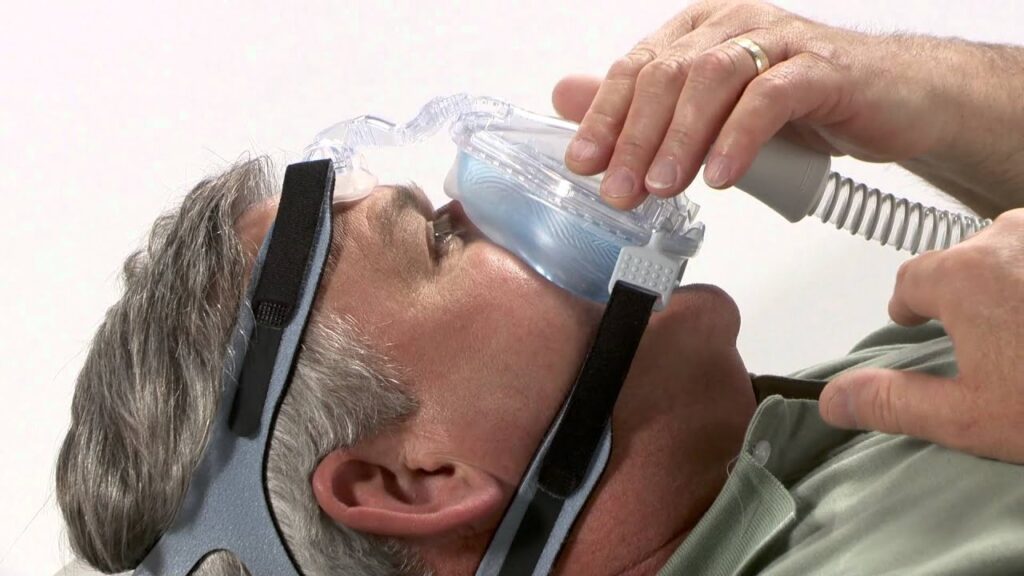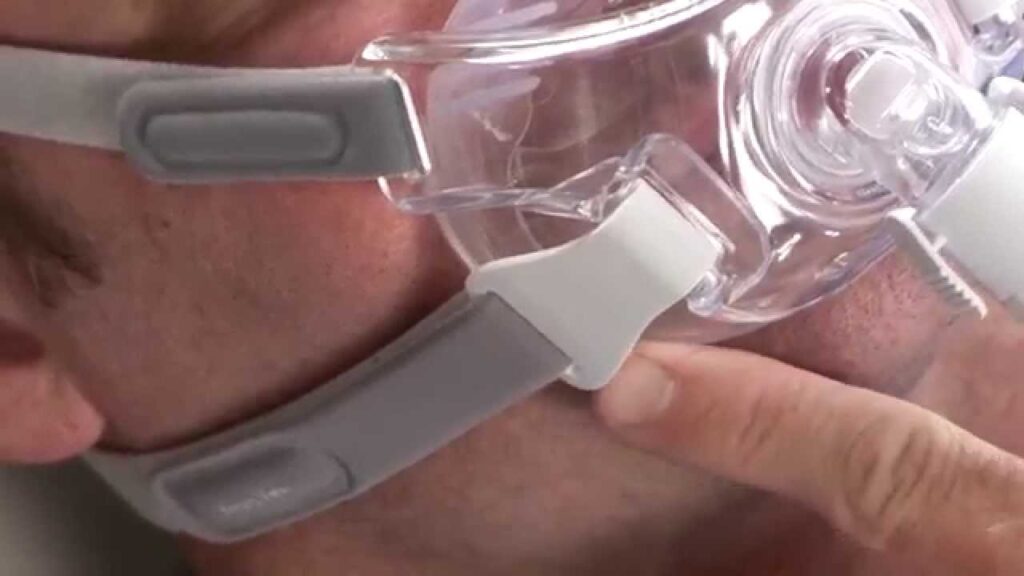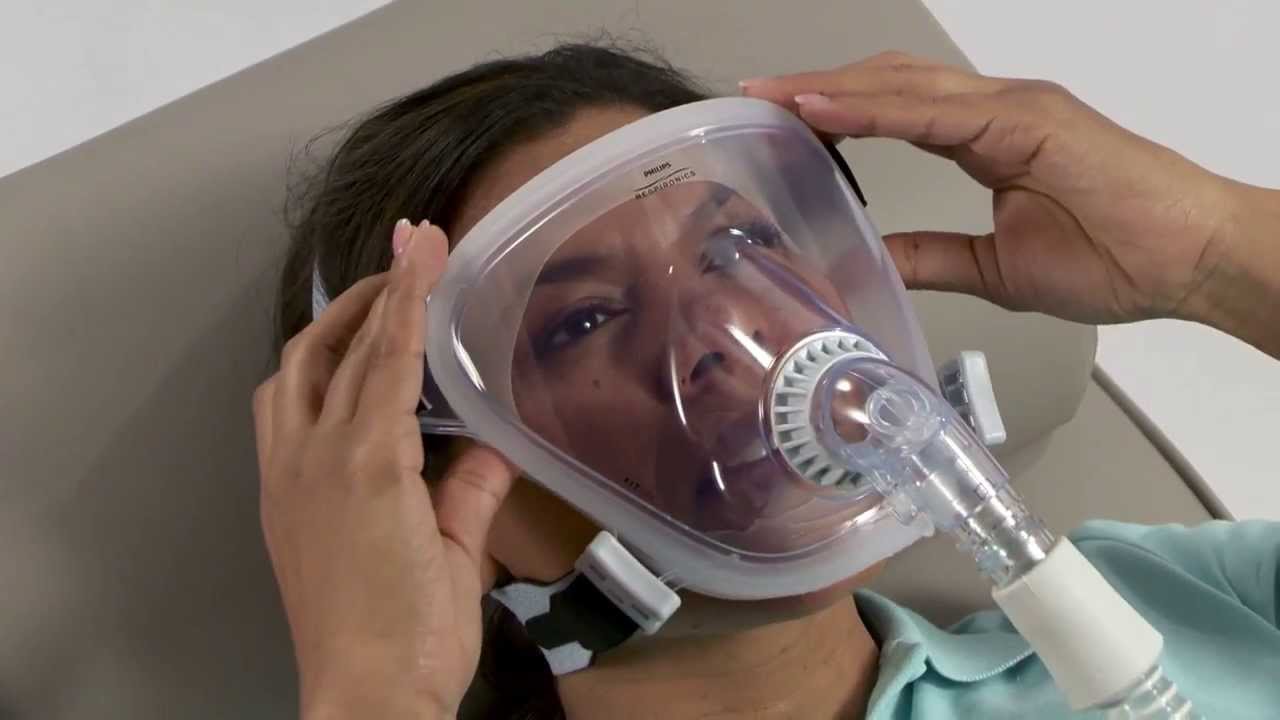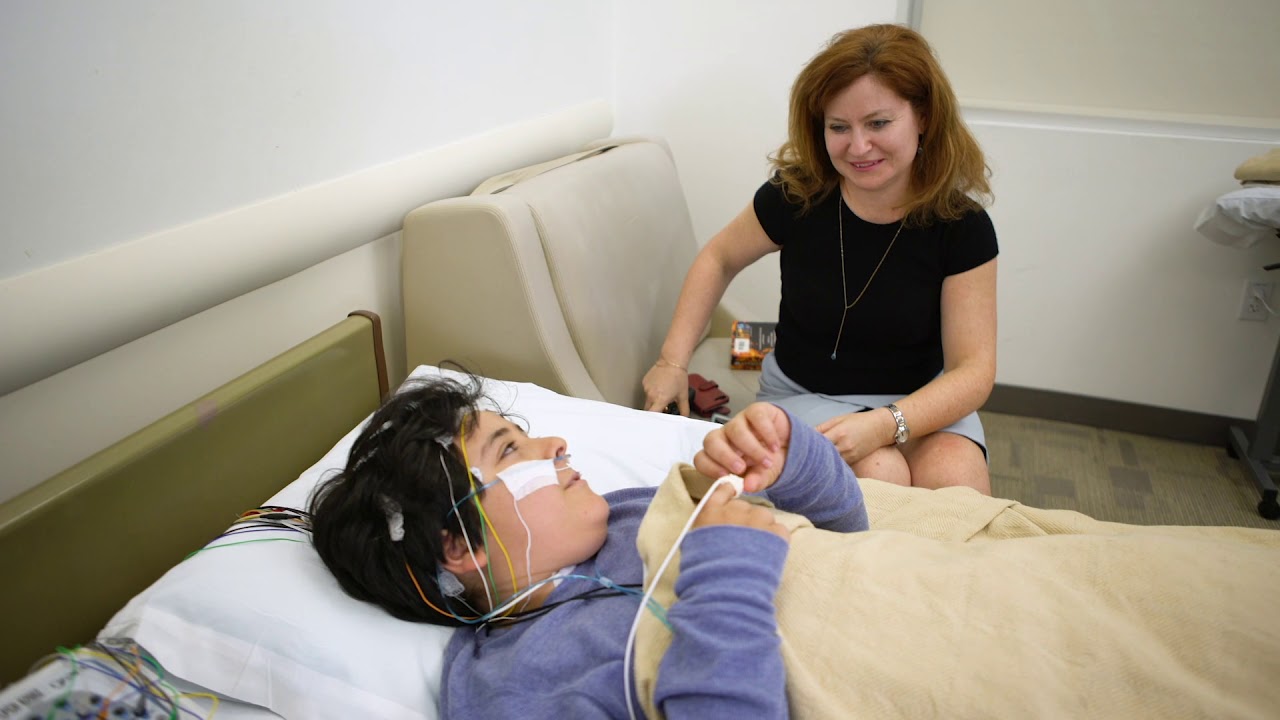While you are sleeping, air will be pumped into your lungs with the use of a continuous positive airway pressure (CPAP) mask that is connected to a CPAP machine. Patients diagnosed with obstructive sleep apnea, a potentially life-threatening sleep disease that causes individuals to briefly cease breathing while they are asleep, are the ones who most often get CPAP therapy. Simply though it has been shown that CPAP is helpful, it may be challenging for some individuals to become acclimated to wearing a mask or even get used to the concept of wearing a mask. There are already so many options available that there is probably one that will suit your needs.
The CPAP treatment requires some adjustment time before it can be considered successful. Patients will require some adjustment time in order to grow used to the idea that the CPAP machine, along with the cpap masks and tubing, will now accompany them to bed. Patients do, however, eventually get used to the device and are able to sleep well even when it is operating throughout the night.
Related: How to Treat Severe Sleep Apnea Without A CPAP Machine
In addition, the CPAP therapy gives a more pleasant resting environment while also significantly assisting in the reduction of the symptoms of sleep apnea. However, with continued usage, the masks might potentially cause minor discomfort from time to time. Pressure marks, acne, rashes, and blisters are just some of the many forms of skin irritations that may occur. These are not major worries but rather small ones that may be easily avoided by being knowledgeable about the correct tips and techniques for applying the mask. While using CPAP masks, the most common causes of skin irritation are dryness, redness, and itching, all of which are covered in this blog post.
Irritation of wearing CPAP Masks
While making full face CPAP masks, the producer adheres to all of the requirements established by both the government and the medical community. They strive to make the mask used by the patients as pleasant as they possibly can. However, each person has a unique set of physical characteristics, including face features, sizes, and degrees of skin sensitivity. As a result, producers strive to create masks that are suitable for use with a wide variety of facial contours and skin tones. However, due to the fact that no two people’s faces or skin are exactly same, some individuals may have issues such as itching while wearing the CPAP mask.
When wearing full face CPAP masks, one of the most important things you can do to minimize irritation is to try on a variety of sizes of masks and choose the one that has the proportions that are the closest match to your face. However, there are situations when masks might cause irritation.
Irritating Factors Involved with Wearing a Full-Face Mask
Silicone was used to create the cushions on the mask so that it would be more comfortable to wear. On the other hand, this could result in irritation for people who already have sensitive skin. In the same vein, there is a possibility that some individuals are allergic to silicone.
The use of these cushions will become more difficult as time passes since they will deteriorate and become unpleasant as well as abrasive.

The mask may have been overly tightened onto the face, increasing the pressure on the nose, cheeks, chin, and skin. The mask may not be appropriate or correct for some people’s faces. Full-face CPAP masks may not be clean and may be dirty because they collect skin cells, oil, bacteria, dust, and many other particles with regular use. The patient could need a different size of mask, or they might decide to go with a different kind of mask altogether, in order to find one that fits their face correctly.
It is possible for the CPAP full face mask to slip off the patient’s face when they are sleeping at night if the patient has oily skin. This might potentially irritate the skin. It’s possible that the humidifier is the source of the mask leaking. In this particular scenario, the moisture gathers within the tube, and as a result, it sprays over the face, causing irritation to the skin.
Several Potential Sources of Irritation When Using a Nasal Pillow Mask
It’s possible that the nasal pillow mask is defective or the wrong size. It’s also possible that the air passing through the mask tubing is dry. Finally, it’s possible that the nasal pillow was inserted too deeply into the nose.
How can irritation be avoided when using CPAP masks?
You do not need to be concerned if the CPAP mask causes irritation to your skin even if you are feeling it while wearing the mask. Unfortunately, a significant number of individuals do, in fact, develop skin irritation as a direct result of continuous usage of the CPAP mask. CPAP treatment may cause discomfort, chafing, and irritation; however, there are a number of things you can do at home to alleviate these side effects and improve your ability to obtain a restful night’s sleep.

When wearing CPAP masks, the following should be kept in mind to reduce the risk of skin irritation:
- Obtain masks that properly fit your face by using size templates as a guide while shopping for them. You may choose the appropriate size to purchase with the aid of the templates by measuring the various characteristics of your face.
- If you discover that it is difficult to acclimatize to the mask that you first purchased, you should always have a backup mask on hand.
- Loosen the headgear that is attached to each of the CPAP masks. The mask need to be worn in a gentle manner on the face. It is important to avoid overly squeezing the face mask into place.
- It is recommended that the CPAP masks be cleaned on a regular basis using CPAP wipes, water, and soap. Infectious germs will be eliminated as a result of this action.
- It is important to avoid pushing the nasal pillows too far into the nostrils. It is necessary for the cushion to rest on the rim of the nose.
- If you notice that both your mouth and nose are becoming dry on a regular basis, you might consider using a nasal pillow mask in conjunction with a humidifier. The pressured air that enters your airways from the humidifier contains moisture that was added by the humidifier. This protects the nose and mouth from drying up completely.
- When sleeping, position the CPAP machine so that it is at a lower level than the user’s head. This will prevent the CPAP from leaking. In addition to this, you may make the temperature in the bedroom warmer by adjusting the settings on the humidifier, and finally, you can cover the tubing with a blanket to warm the air within the tube.
- Ensure that the CPAP supplies are regularly replaced in accordance with the maintenance plan that is included with the device. For instance, you may sign up for a prescription program that will allow you to get CPAP supplies on a regular basis, or you can maintain a supply of all the needed CPAP supplies and make arrangements to have them supplied to you on a regular basis.


